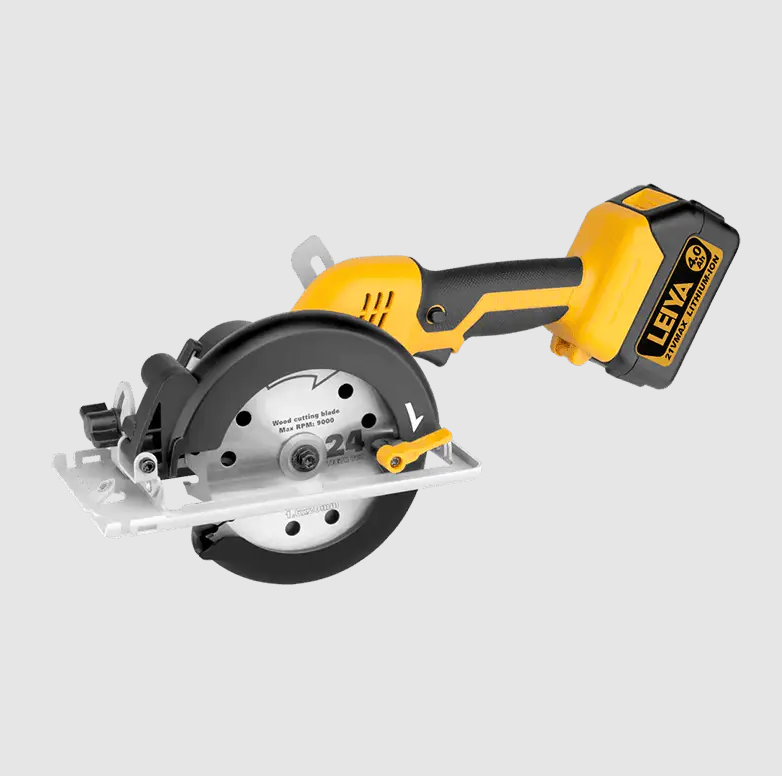Cordless power tools have revolutionized the construction and DIY industries, offering flexibility and convenience without the limitations of cords. Behind these innovative tools are specialized factories dedicated to their production.
Modern cordless power tool factories integrate advanced manufacturing techniques to meet the growing demand for high-quality tools. These factories start with the design phase, where engineers develop ergonomic designs and incorporate cutting-edge technology. Computer-aided design (CAD) plays a crucial role in creating precise tool specifications that optimize performance and user comfort.
Material selection is another critical aspect. Cordless power tools require durable yet lightweight materials to ensure portability without compromising strength. Common materials include high-strength plastics, aluminum alloys, and advanced composites. These materials undergo rigorous testing to ensure they can withstand the demands of various applications.
The manufacturing process begins with injection molding for tool housings and components. Precision molding techniques ensure consistent quality and dimensional accuracy. Assembly lines are equipped with automated systems for efficiency and precision, handling tasks such as motor installation, battery integration, and quality control inspections.
Quality control is paramount in cordless power tool factories. Each tool undergoes stringent testing to ensure it meets safety standards and performance specifications. Functional tests, durability tests, and electrical safety checks are conducted to verify reliability and user safety.
Innovation drives continuous improvement in cordless power tool factories. Advancements in battery technology, such as lithium-ion cells, have extended tool runtime and reduced charging times. Smart technology integration, including Bluetooth connectivity and tool tracking systems, enhances productivity and tool management on job sites.
In summary, cordless power tool factories combine precision engineering, advanced materials, and rigorous quality control to produce tools that meet the demands of professionals and enthusiasts alike. These factories are hubs of innovation, driving the evolution of cordless power tools to meet the evolving needs of modern industries.
